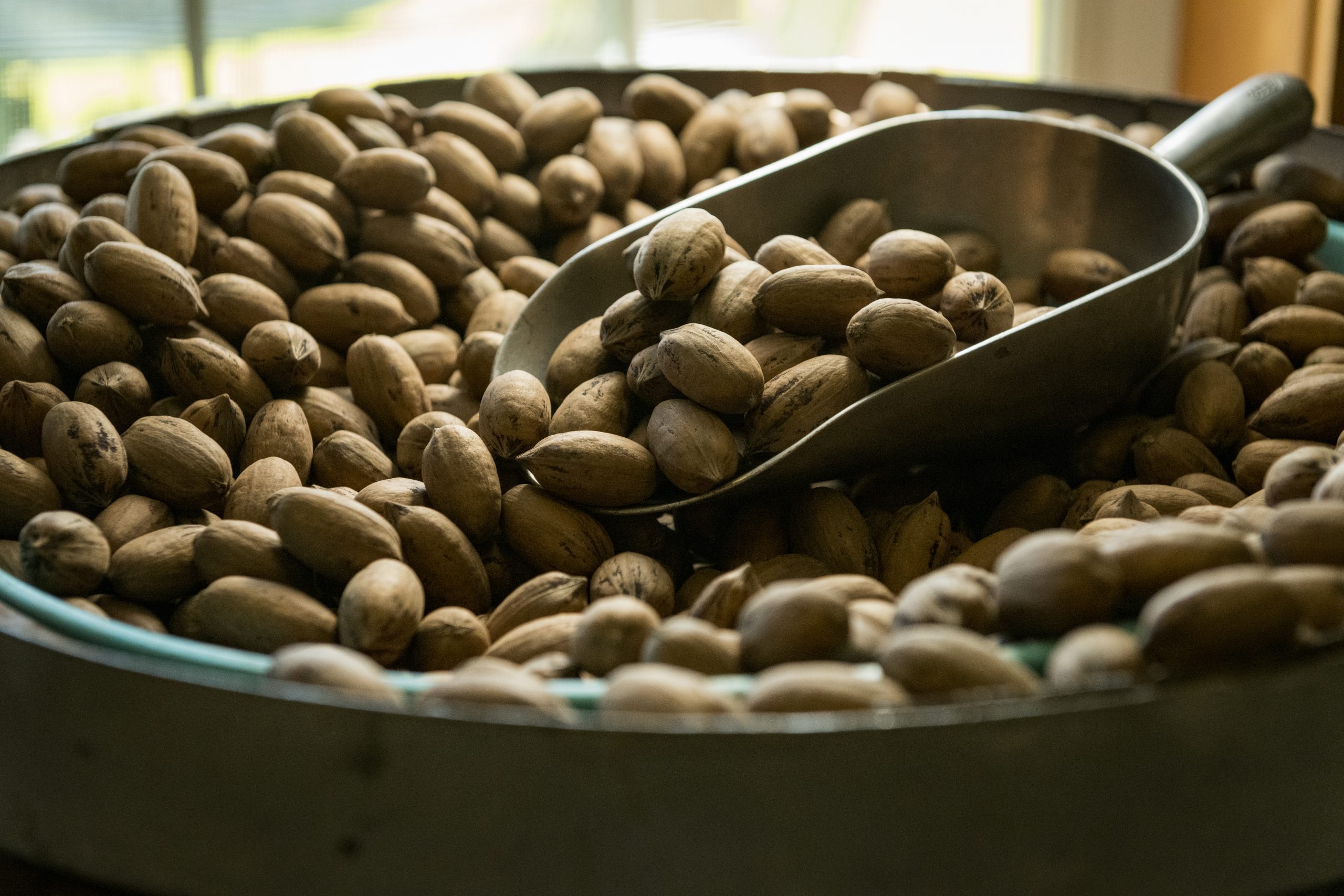The Ins and Outs of the APC’s Voluntary Quality Assurance Program

One recent example of international regulations can be seen in the EU Commission’s European Green Deal. Presented in 2019, the European Green Deal aims to achieve climate neutrality in Europe by 2050. The European Green Deal affects the agriculture economy through several high-level policy agendas that identify areas to deliver on the EU’s climate target. At the core of the European Green deal is the Farm to Fork Strategy. According to the European Commission, “the Farm to Fork Strategy identifies a series of actions to support a global move towards sustainable food systems, [including]
- Promoting sustainability of food imports through appropriate labeling schemes and, when needed, by proposing regulatory and non-regulatory measures.
- Establishing a general policy framework on food systems’ sustainability, combined with labeling or other incentives, to gradually raise sustainability standards so it becomes the norm for all products placed on the EU market.”
Besides government regulations, pressure for sustainability is also coming from the general public. More and more consumers consider sustainability when purchasing products. In an effort to address consumers’ concerns, other U.S. tree nut industries—such as walnuts and almonds—have developed strategies that include quality and sustainability. The Almond Board of California created the California Almond Sustainability Program over a decade ago, a voluntary program that tracks sustainability practices among industry members. In 2021, the California almond industry published a sustainability report that outlines their 2025 industry-wide goals to reduce water use, achieve zero waste, increase adoption of environmentally friendly pest management tools, and improve local air quality during harvest. The California walnut industry also highlights sustainability considerations for consumers by identifying five key pillars for sustainability—environmental stewardship, sustainable nutrition and human health, food safety, economic health, and people and community.
Other commodities are taking initiative, but what does sustainability really mean? Sustainability is defined as the ability to meet the needs of the present without compromising the needs of future generations. To define sustainability for the U.S. pecan industry, the APC hired a third party to conduct a materiality assessment in the project’s first phase, which identified key food safety, environmental, social, and economic focus areas for the industry. These were determined based on which focus areas are the most important to stakeholders (customers, industry members, etc.), most financially material, and have the most significant impacts.
The American Pecan Council (APC) set out to create the Quality Assurance Program for the pecan industry as a proactive effort to remain ahead of these changes in consumer behaviors, buyers’ requirements, and international regulations. The American Pecan Council is dedicated to showcasing the many benefits, uses, and remarkable history of America’s native tree nut. While this voluntary program covers the entire U.S. pecan industry, it also highlights the diversity of practices across various pecan growing regions. Developing a quality management program creates a unified voice across the sector by harmonizing the American pecan industry practices to the elevated U.S. pecan industry “standard” to ultimately make a claim at the consumer level through an APC-branded logo, thus driving demand for U.S grown and processed pecans.
The program aims to enhance and support the U.S. pecan industry’s standing in the competitive marketplace. The QAP was created to increase transparency throughout the U.S. pecan industry’s supply chain and provide consumers with food safety and sustainability information about the products they purchase. This program provides growers, shellers, and accumulators with a consistent set of verifiable quality assurance standards. The standard was written not only to give industry members credit for the practices they are currently doing but also to collaborate and encourage continuous improvement.
Currently, the Quality Assurance Program is an entirely voluntary program for industry members. The project has spanned over three years. Phase 1 involved research conducted by a third party, also known as the materiality assessment. The results from this analysis identified priority focus areas crucial to sustaining profitability for the industry while mitigating risk and capitalizing on the demands of consumers. Phase 2 involved drafting the standard based on the priority topics identified in the materiality assessment. Phase 3 of the project involved industry engagement. During the 2021-2022 Fiscal Year, the APC focused heavily on industry-wide engagement and detailed feedback through working group meetings, committee meetings, Association conferences, and individual stakeholder meetings, as well as the public comment period and industry survey in Spring 2022(April 28, 2022 – May 31, 2022) to ensure the drafted program is relevant and usable across the entire U.S. industry.
During the public comment period, we received a question about the amount of paperwork required to participate in the QAP. For industry members in good standing with a GFSI-recognized food safety program, many of the QAP documentation requirements are automatically satisfied. To ease the reporting and documentation requirements, the APC has also drafted guidance documents and templates to help simplify participating in the program and reduce the time spent creating documentation.
The next step for the QAP is final approval by the Grades & Standards Committee and the whole Council. Once the Council approves the finalized draft of the QAP, the project will move forward to piloting the program. If you have questions regarding the Quality Assurance Program, please get in touch with the Council office at (817) 916-0020 or email Emma Garner at egarner@americanpecan.com at any time. Industry members are also invited to attend the Grades & Standards Committee and full Council meetings that are open to the public. The next Grade & Standards committee is March 16, 2023, and the Council meeting is March 21, 2023. You can find more details on AmericanPecan.com. We look forward to hearing from you!

